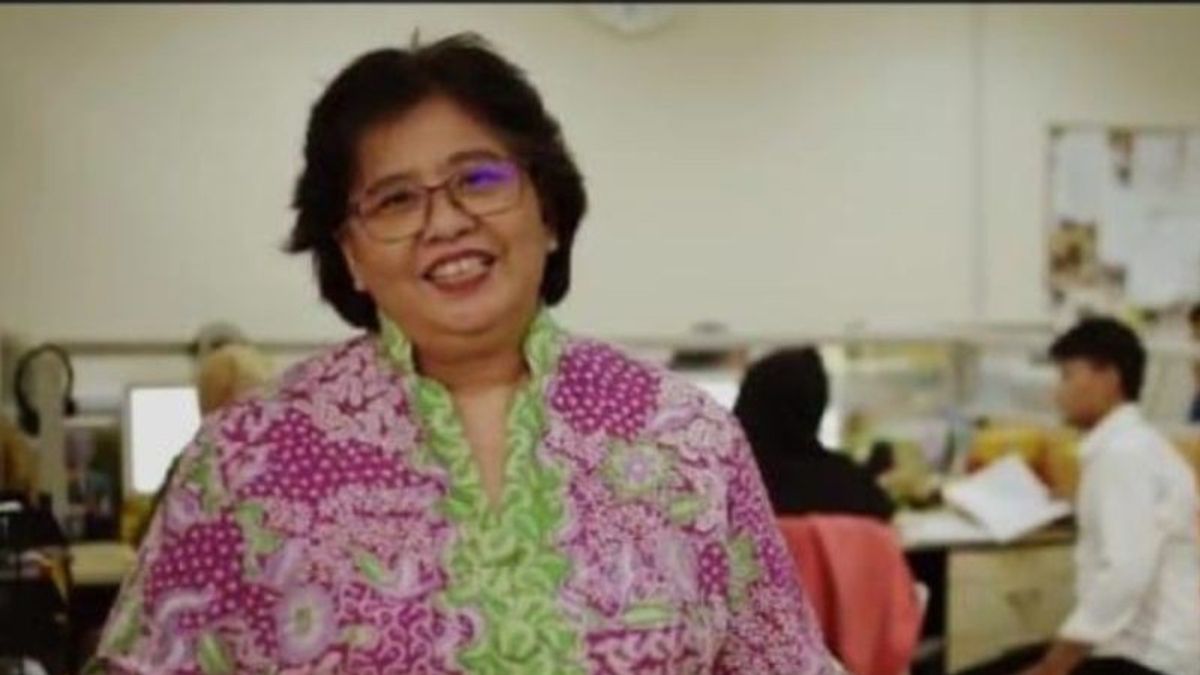Energy and Environment Observer at the University of Indonesia (UI) Rosari Saleh reminded the need for a gradual energy transition so as not to cause problems in the event of a disruption that disrupts energy supply.
Rosari said problems could arise if old sources of energy were left alone, even though new energy sources were not yet available in sufficient quantities.
He reflected on the experience of Europe experiencing an energy crisis due to geopolitical conflicts in Ukraine, so countries that depend on gas supply, are actually reconsidering importing fossil energy.
"We must learn from here. Do not let the policy direction that is drawn up harm the state because global conditions are in crisis, so the energy transition must be carried out in stages," he said in a written statement quoted by Antara, Tuesday, December 6.
According to him, the government can see this experience as a lesson so that steps in carrying out the energy transition can be carried out appropriately and the domestic energy crisis does not occur.
From a fiscal perspective, Indonesia also still relies on natural resources as a source of acceptance in the APBN, so that this reduced contribution must also be considered, if you want to carry out the energy transition in a sustainable manner.
"Until now, Indonesia is still greatly benefiting from fossil energy, especially minerals and coal, including oil," said Rosari.
Previously, Indonesia's steps to develop a green economy, including by reducing fossil energy and encouraging the use of renewable energy, received full support from the international community.
One of the supports came from the G20 Forum which gave appreciation to Indonesia for the commitment to the energy transition because it is in line with the direction of the world economy, including financial support from multilateral institutions and partners.
The G20 implementation in Indonesia has also agreed on an energy transition cooperation of 20 billion dollars which will be followed up through additional support such as fiscal incentives to support the use of green energy in the future.
The English, Chinese, Japanese, Arabic, and French versions are automatically generated by the AI. So there may still be inaccuracies in translating, please always see Indonesian as our main language. (system supported by DigitalSiber.id)








